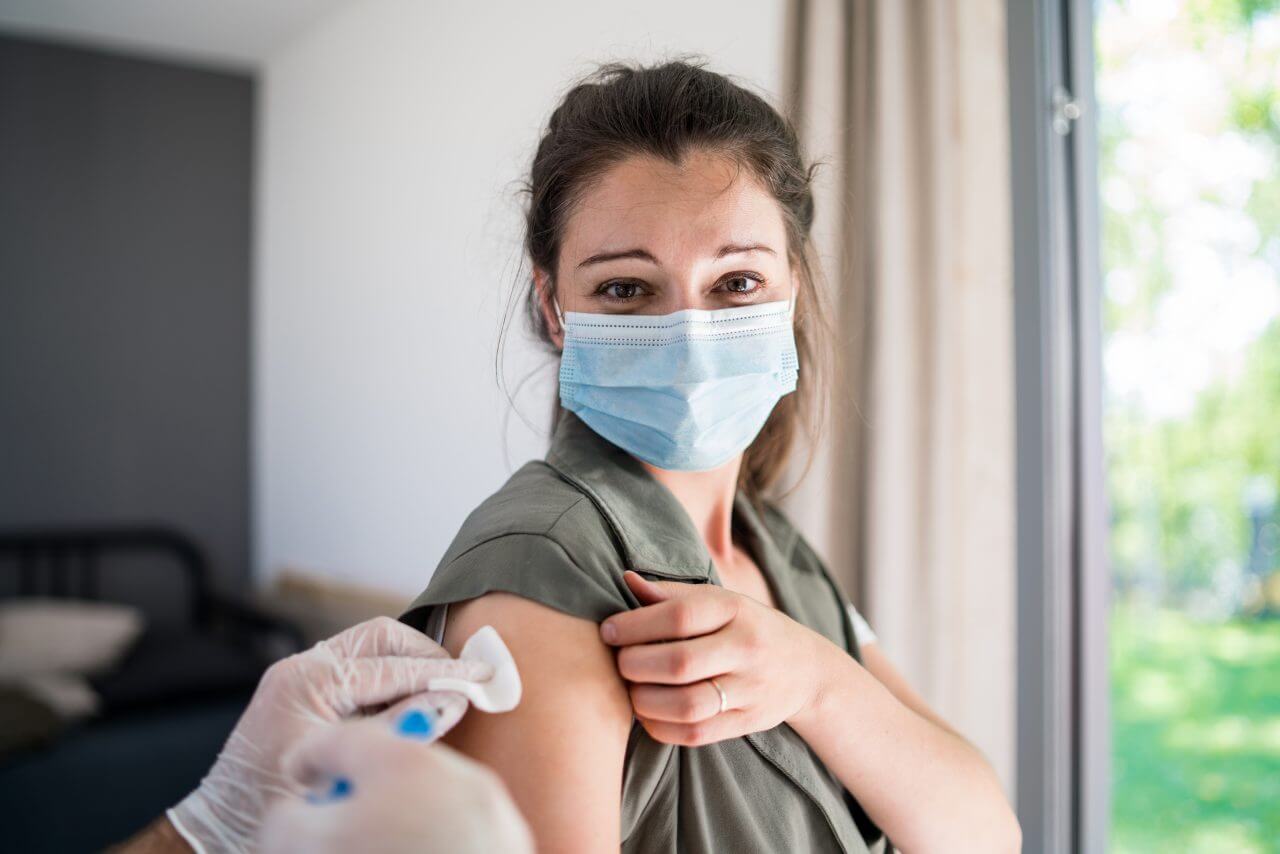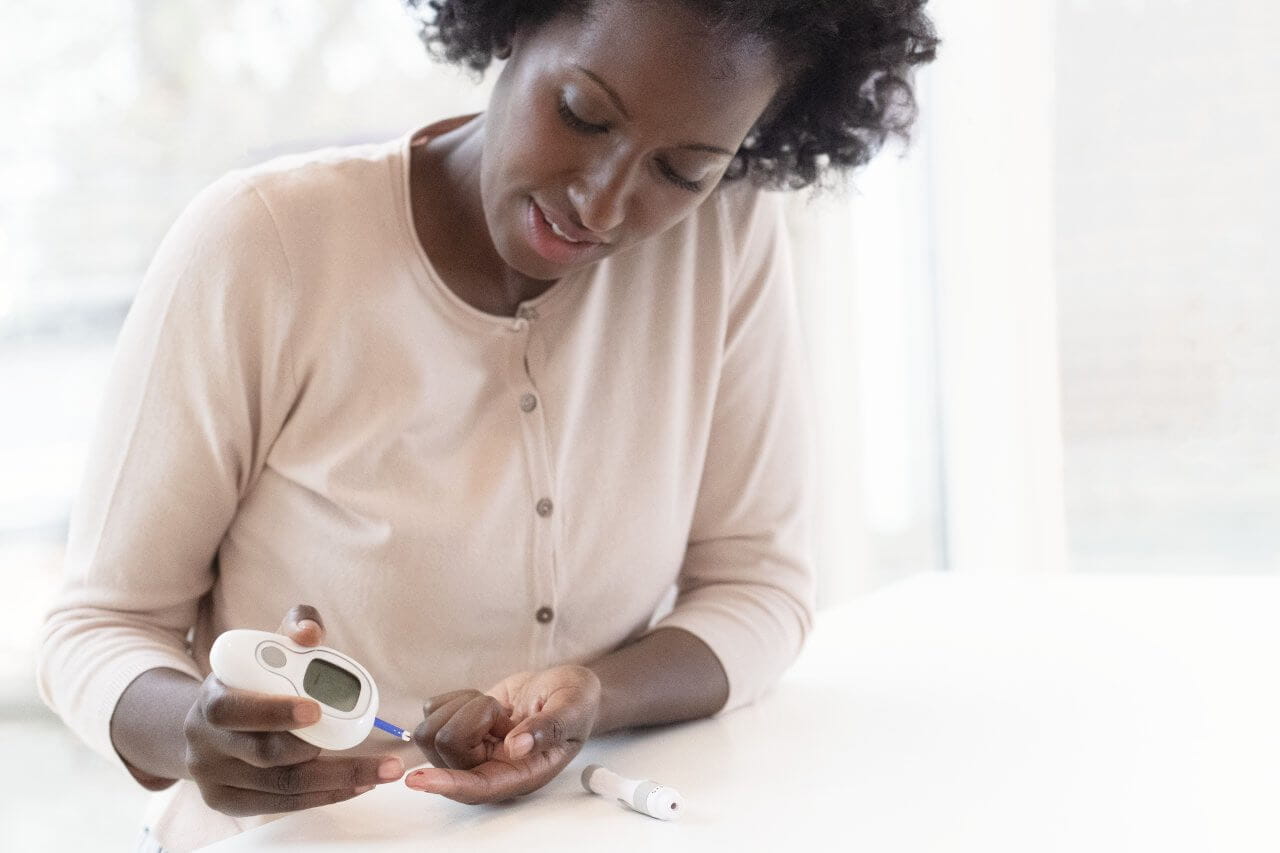Some Vaccines Last a Lifetime. Here’s Why COVID-19 Doesn’t.

We know that COVID-19 vaccines are safe and effective. What we don’t yet know is how long the protection they provide — particularly from serious illness, hospitalization, and death — will last. The data collected to date seems to indicate that the immunity begins to wane after several months or longer.
That fact leaves many people wondering why a measles vaccine is typically good for life and a tetanus shot protects you for 10 years or more, but a COVID-19 vaccine provides protection seemingly for a much shorter period. For certain individuals, booster shots are being advised in as little as six months after they were first fully vaccinated.
Why don’t COVID-19 vaccines protect us for longer? The answer has to do with multiple factors.
Don’t take a chance with your health.
Getting the COVID-19 vaccine is the best way to prevent COVID-19 infection and end the pandemic. The vaccine cannot give you COVID-19, but it can help protect you from serious illness. Learn more about the COVID-19 vaccine and make a first, third, or booster vaccination appointment at a location near you.
Thresholds of Protection, Antibody Decay, and Mutations
For a vaccine of any kind to be effective, it has to cause a response by the body’s immune system that reaches what’s called the “threshold of protection.” This is the level of antibodies per milliliter of blood, and it’s different for every virus.
After you achieve this level of protection, the antibodies produced begin to decay as your body determines that the viral threat has passed. Ultimately, the length of time that a vaccine provides protection is a combination of how far over the threshold of protection your body goes in producing antibodies and how durable those antibodies are.
Using the measles and tetanus vaccines as examples, a large number of measles antibodies are produced and they decay very slowly, which means the protection lasts for a long time. Tetanus antibodies aren’t as durable, but this is offset by the fact that the immune system produces far more of them than it needs, giving the tetanus vaccine roughly 10 years of effectiveness.
And, of course, the measles and tetanus vaccines have been around for a long time, so we have a much better understanding of their rates of antibody decay and other factors impacting their effectiveness and longevity.
Time Will Tell Regarding the Duration of Vaccine-Driven COVID-19 Immunity
It bears repeating that we know that the Johnson & Johnson, Moderna, and Pfizer COVID-19 vaccines are safe and highly effective at preventing serious illness. Those facts have been established.
However, because the vaccines have been around for such a short time, we don’t yet have much data on antibody decay rates. And, unlike the measles and tetanus, the COVID-19 virus is much more prone to mutating, which means it will be harder to determine how long protection lasts since there are now multiple variants.
Researchers are already hard at work on enhancements to the COVID-19 vaccines that likely will improve their effectiveness and increase the longevity of their protection. But for the foreseeable future, the best way to avoid getting seriously ill with COVID-19 is to get fully vaccinated and then get a booster shot if and when it’s recommended for you. Booster shot guidelines continue to evolve so it’s best to talk with your doctor about your health and whether an additional vaccination is right for you.
Learn more about COVID-19 vaccines from Baptist Health or schedule your vaccination appointment.
Next Steps and Useful Resources:
Schedule Your COVID-19 Vaccine Appointment
[PODCAST] COVID-19 Boosters vs. Third Dose: What’s the Difference?
COVID-19: Understanding Antibodies
What is Vaccine Efficacy?
Vaccine Hesitancy Explained
COVID-19 Variants Explained



